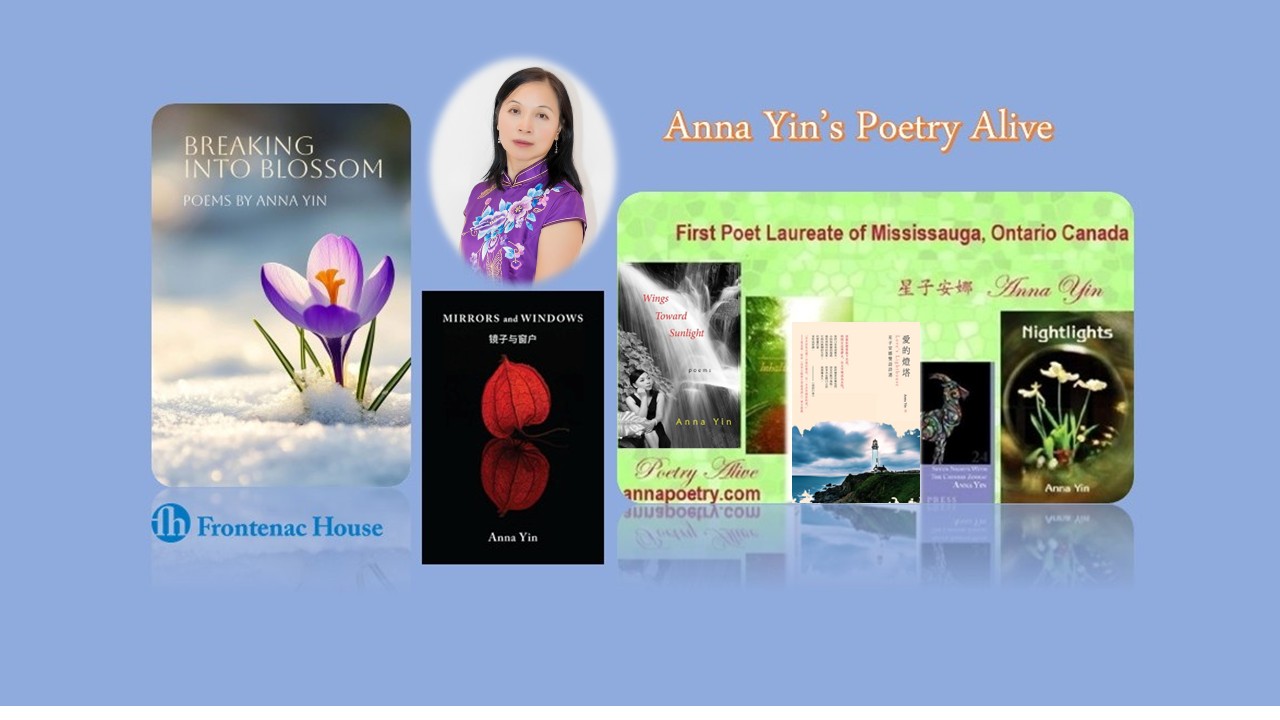2022 is a new turn point for me. After more than 20 years full-time working in IT field, I decided to spend more time on poetry/art/education/translation. This year, I have finished translating one poetry collection including her poetic drama for a Chinese poet (from Chinese to English), and we will have a reading in fall. I also have two Canadian poets’ collections lined up for translation (from English to Chinese)… In Aug I published Hans’ new haiku book; in Oct I will publish Here and Now, Discover Mississauga and More eBook! And Now I am thrilled for Canadian Council For the Arts awarding me a Create and Explore grant! In Sept, I will start the new project, I am very excited to learn and explore!
Nice photos by Roy Marques for future projects. Thanks a lot.



